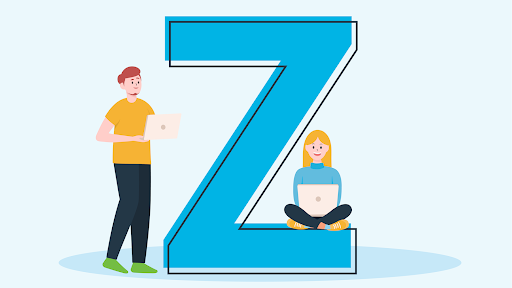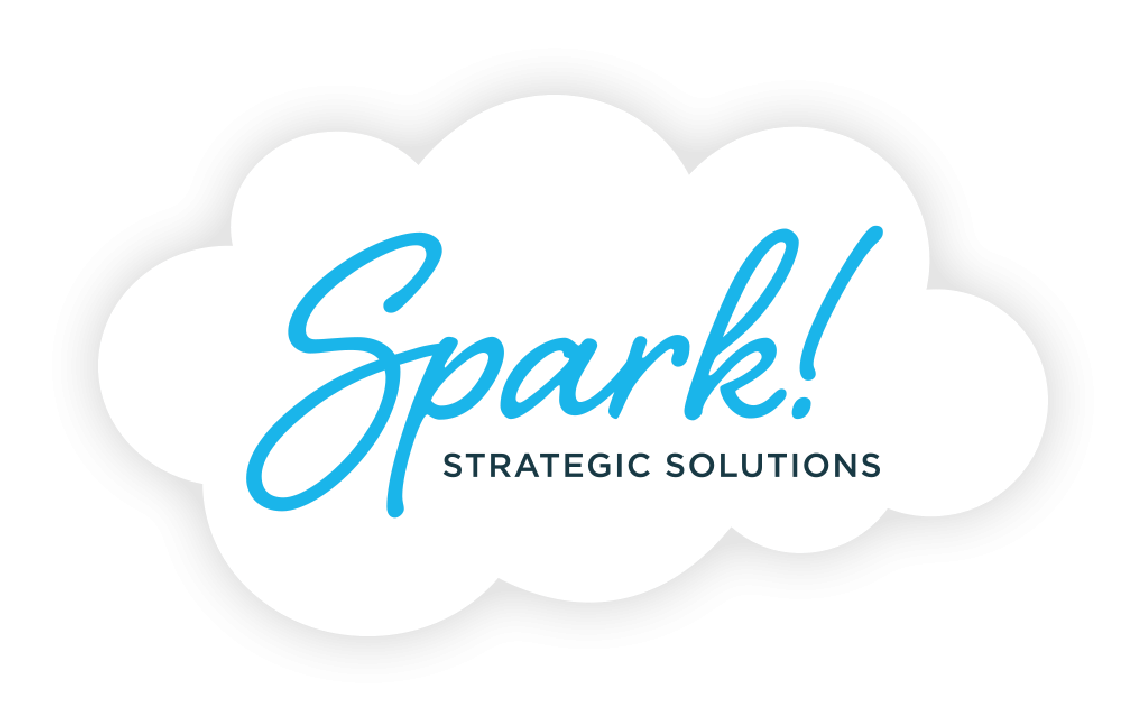
We spend a lot of time here on Ignitable Insights talking about Millennials. Ranging in age from roughly 27-42, millennials make up the bulk of the
modern working population—almost 70 million by our math. But most people enter the workforce either straight out of high school at 18, or after graduating college a few years later…
So who makes up the gap from ages 18 to 27 at your work? Generation Z. Also referred to as “Gen Z,” or “Zoomers.”
As more and more Zoomers enter the workforce, organizations are beginning to grapple with how to attract and retain this generation of workers.
Born between 1997 and 2012, so-called Zoomers are the world’s first generation of true digital natives. Many Zoomers got their first cell phone in middle school around 12-years-old—and some haven’t put them down since.
The birth of the internet and the information age has undoubtedly shaped the perspectives and attitudes of the people who grew up alongside it. With more information accessible from more sources than ever before, Generation Z has developed a keen savviness when it comes to technology.
It seems like a lot of Gen Z workers are passionate about
social and environmental issues and may expect their employers to be, too. They want to work for companies that are making a positive impact on the world and that align with their values.
They might expect employers to create a culture that is welcoming, inclusive, and respectful of all employees.
For Generation Z,
work-life balance is a top priority. According to some, Gen Z workers value
work-life balance and personal well-being more than any previous generation. They prioritize flexible work arrangements and time off to pursue personal interests and hobbies. Gen Z employees seem to be attracted to employers offering flexible scheduling, remote work options, and benefits like unlimited PTO.
Gen Z workers are ambitious and eager to learn and grow in their careers. They crave opportunities for career development, mentorship, and skill-building. Employers should offer clear career paths and invest in
ongoing training and development programs to keep Gen Z employees engaged and motivated.
Additionally, feedback and communication are essential. Gen Z workers seem to appreciate frequent feedback and open communication with their managers and colleagues. They want to know how they're doing and how they can improve, and they value managers who are approachable, transparent, and willing to listen. Employers should establish regular check-ins and provide constructive feedback to help Gen Z employees grow and succeed.
While it appears Generation Z is unique in their professional needs and desires, they’re really just people like you and me who happened to be born between 1997 and 2012. Their needs are human needs, and managers who recognize and meet the needs of their team will be better leaders for it.
Overall, Gen Z, just like other generations of employees, has specific needs that need to be addressed in order to have organizational success. Leaders who can listen to their teams and contemplate opportunities to provide a flexible work environment, prioritize employee wellbeing and provide opportunities for growth and development could be better positioned to attract and retain talented people. By understanding and meeting the needs of individuals, including Gen Z employees, organizations can build a strong foundation for the future.
Empty space, drag to resize



